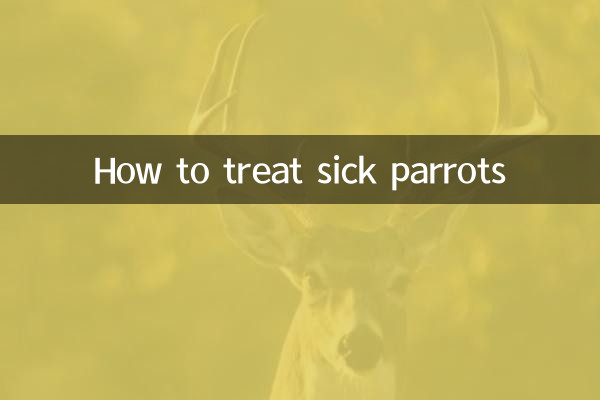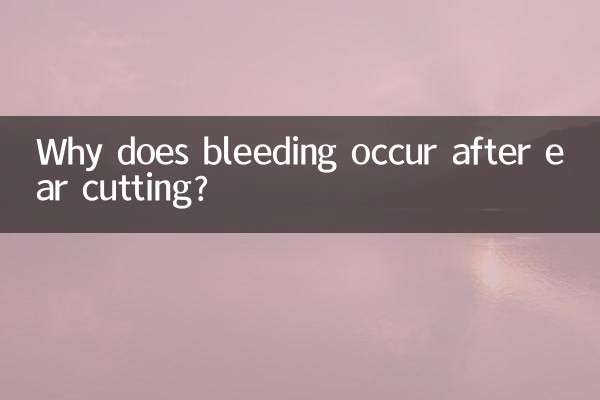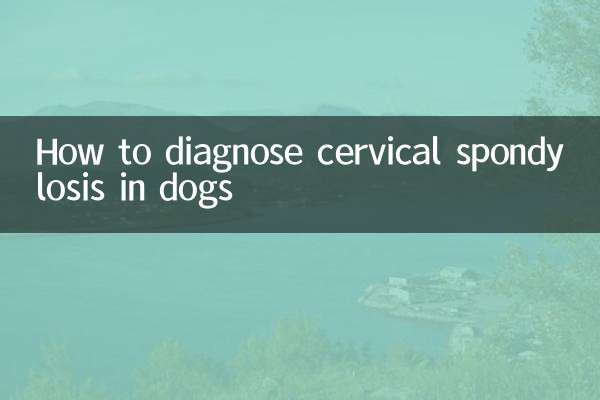How to treat sick parrots
Parrots are common pet birds and their health problems are of great concern. In the past 10 days, discussions on the Internet about parrot illness have mainly focused on common disease types, symptom identification and treatment methods. This article will combine hot topics to provide you with a structured treatment guide.
1. Top 5 recent popular parrot health problems

| Ranking | disease type | Discussion popularity | Main symptoms |
|---|---|---|---|
| 1 | feather loss disorder | 42,000 | Partial or whole body feather loss |
| 2 | Digestive system diseases | 38,000 | Loss of appetite, diarrhea |
| 3 | respiratory tract infection | 35,000 | Sneezing and abnormal breathing sounds |
| 4 | parasitic infection | 29,000 | Itching, weight loss |
| 5 | vitamin deficiency | 26,000 | Dull feathers and lethargy |
2. Treatment options for common parrot diseases
According to recent recommendations from veterinary experts and experience sharing from bird raising experts, the response measures for different diseases are as follows:
| disease type | Treatment | Medication recommendations | Course of treatment |
|---|---|---|---|
| feather loss disorder | 1. Improve the breeding environment 2. Supplement protein | feather growth promoter | 2-4 weeks |
| Digestive system diseases | 1. Adjust your diet 2. Supplement probiotics | Special digestive medicine for birds | 3-7 days |
| respiratory tract infection | 1. Maintain temperature 2. Antibiotic treatment | Veterinary Prescription Antibiotics | 7-10 days |
| parasitic infection | 1. Environmental disinfection 2. External deworming | bird repellent spray | about 2 weeks |
| vitamin deficiency | 1. Supplement vitamins 2. Diversify your diet | multivitamin supplements | long term conditioning |
3. Emergency Handling Guidelines
Recent parrot emergency cases shared on social media show that the following situations require immediate medical attention:
| Symptoms | Hazard level | emergency measures |
|---|---|---|
| Not eating for 24 hours | ★★★★★ | Force feeding liquid food |
| Dyspnea with cyanosis | ★★★★★ | Maintain ventilation and seek medical attention immediately |
| Severe diarrhea leading to dehydration | ★★★★ | Replenish electrolyte solution |
| Twitching or losing balance | ★★★★★ | Reduce environmental irritation and seek medical attention |
4. Preventive measures and daily care
According to recent experiences shared by bird bloggers, daily prevention can reduce the occurrence of diseases by 80%:
1.environmental management: Keep the breeding environment clean, maintain the temperature at 25-30℃, and the humidity at 50%-60%.
2.diet nutrition: Provide a variety of food, including professional bird food, fresh fruits and vegetables, and mineral supplements.
3.Regular inspection: Observe the parrot’s feces status, feather condition and activity changes every week.
4.social interaction: Interact with parrots every day to avoid stress reactions caused by loneliness.
5. Ranking of recent popular parrot drugs
| Product name | Main functions | Usage evaluation | reference price |
|---|---|---|---|
| Yu Kangbao | Promote feather regeneration | 4.8/5.0 | ¥58-75 |
| Niao Le Jian probiotics | Regulate gastrointestinal function | 4.7/5.0 | ¥45-60 |
| Easy breathing drops | Relieve respiratory symptoms | 4.5/5.0 | ¥68-85 |
| Insect Repellent Guard Spray | External parasite control | 4.6/5.0 | ¥52-70 |
6. Special reminder from experts
According to the latest recommendations from recent avian medicine seminars:
1. Do not use human drugs to treat parrot diseases at will. Differences in dosage may lead to poisoning.
2. When purchasing drugs online, you must look for formal channels. Recently, there have been many cases of counterfeit drugs causing aggravation of illness.
3. Keep the environment quiet during treatment to reduce the parrot’s stress response.
4. Appropriate nutrition should be supplemented during the recovery period, but excessive supplementation should be avoided.
Through the above structured data and treatment suggestions, we hope to help parrot owners detect and correctly handle health problems of their birds in a timely manner. Remember, when symptoms persist or worsen, it is important to contact a professional avian veterinarian promptly.

check the details

check the details